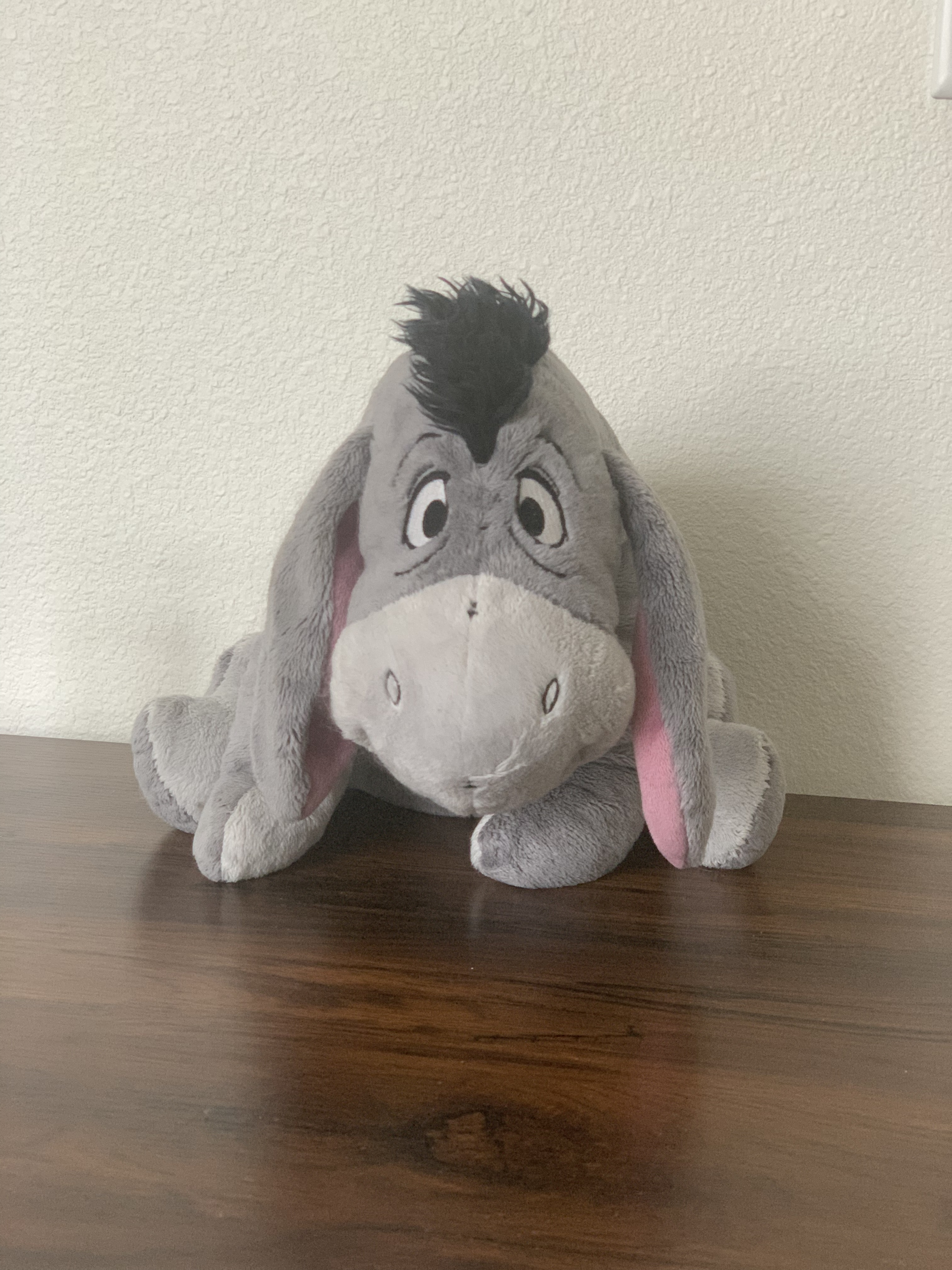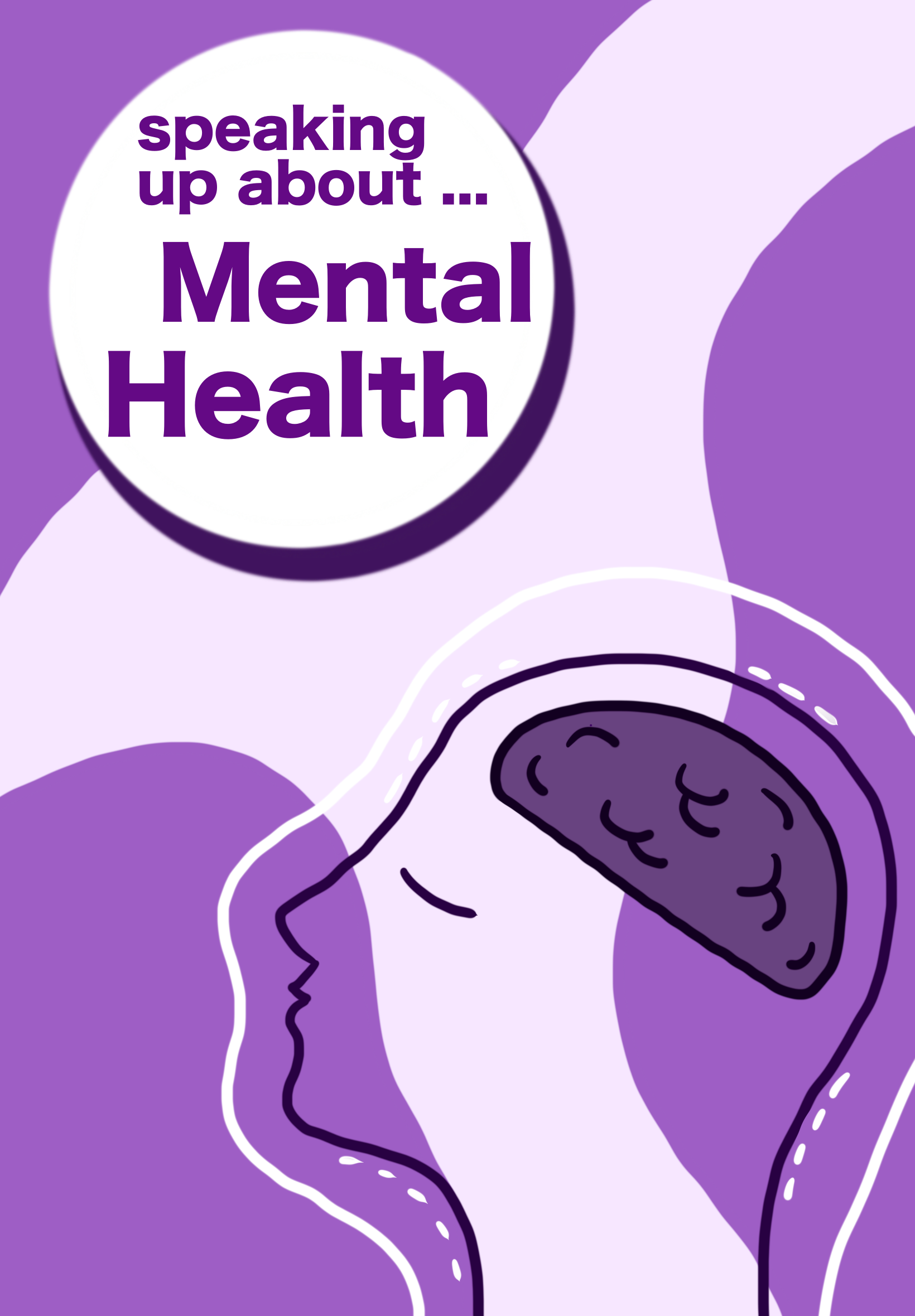Written by Entertainment Editor Gretchen Sims
Stipends — if this is your first time hearing this term, consider yourself lucky — are a set paycheck, once per month, that institutions typically dish out to compensate some on-campus jobs. This often includes student-body leadership positions, students that run the school radio, newspaper, websites, literary magazines, or even residential assistants.
However, there is a dark, often unspoken, side to this seemingly innocent method of compensation. Stipends do not acknowledge minimum wage standards. Because these positions are deemed “educational” or “club-like” in function, institutions tell students that they should feel lucky to be paid at all.
Getting paid to do what you love or getting experience in your ideal field does not mean that there is less actual work going into it. The compensation should reflect this in a university setting, but at Western, it does not.
Stipends include a fixed monthly payment for services — a “Western Howl” section editor’s is $580, but it also includes a fixed hourly rate — a Howl editor’s is 15 hours per week. We can not work any less or our pay will be docked, but we also can not get paid above those 15 hours. So let’s do some math. $580 divided by 60 hours per month is $9.667. That is how much an editor makes per hour.
Not that bad? The “Western Howl” is understaffed. That being said, editors are still expected to put in the same amount of work as a fully manned paper. An editor might average about 25 hours a week — sometimes more — chasing stories, conducting interviews and sitting in on editors’ meetings, production nights and pitches. Now let’s do that math — 25 hours per week at $580 per month is approximately $5.8 per hour.
Still thinking we should feel lucky to get paid? With an average of 17 credits on each editor’s plate and a job that takes an additional 25 hours of our time, there is little to no wiggle room in our schedules — not to mention the student athletes on our team who do not receive scholarships for their services. Because of this, many editors are forced to take a second job to make ends meet.
If a college can expect every student to pay tens of thousands of dollars and consistently deal with upticks in tuition, can’t we be expected to be paid a living wage? If us being paid fairly is not in your budget, then how do you think our bank accounts can handle tuition?
So why don’t you just get a different job? I cannot. As a future journalist, it is imperative that I have this experience in my resume. That’s the catch-22. They get you by offering a paid position that you need to get hired out of college, but fail to warn you of the fiscal consequences.
Didn’t you know your pay before coming onto the Howl? No. Western’s Human Resources is very hush-hush about wages. I knew about the stipend hours through word of mouth, but I assumed that since it is creative and intellectual work that it would at least pay minimum wage like other mundane jobs around campus.
In fact, an associate of the “Western Howl” reached out to Justin Sunada, Western’s Handshake operator, asking specifically about wages for the Howl and he had this to say,
“I believe they (the “Western Howl” wages) are at or a little above minimum wage.”
This clearly demonstrates that the faculty and administrators are either unaware of the stipend, or improperly informing students.
There are other club-like jobs offered around campus that operate on a stipend system, or one very similar. Many student workers that assume these positions are frustrated by the lack of pay and minimum/maximum hourly requirements.
Associated Students of Western Oregon University (ASWOU), Western’s student body government, has a payment method similar to the Howl’s stipend system. However, unlike Howl editors, ASWOU members are paid $13.50 per hour — although their hours vary depending on their position.
Western’s Residential Assistants are only stipended $100 per month despite being “on duty” 24/7 — although they are compensated room and board and have a provided meal plan.
However, on the other hand, if you are looking for a job on campus, one of the most popular places of employment is Campus Dining. A student initially hired onto the Campus Dining team is offered minimum wage with no experience or skill set necessary.
This is particularly frustrating because frequently stipended jobs — Student Media, ASWOU and RAs — require intensive training, knowledge and skill.
All jobs that are stipended, across the board, should be getting adequately compensated for our work. However, Student Media, and the “Western Howl” in particular, should be compensated more for the work we do. Being qualified to work on a newspaper is no easy feat, and the work we put into bettering ourselves and the rest of our team to produce clean, concise and truthful content, would never get paid less than or minimum wage outside of an educational environment.
Western would look bad, in light of other institutions, if the “Western Howl” did not exist. So why can’t enough care be taken to compensate our understaffed team — at least meeting minimum wage requirements for our stipended hours?
Don’t get me wrong, working on the “Western Howl” has been one of the best things about my college experience — the people are fantastic and we are doing what we love. Just educate yourself and ask intentional questions if the job you are applying for is stipended.
Contact the author at howlentertainment@mail.wou.edu






